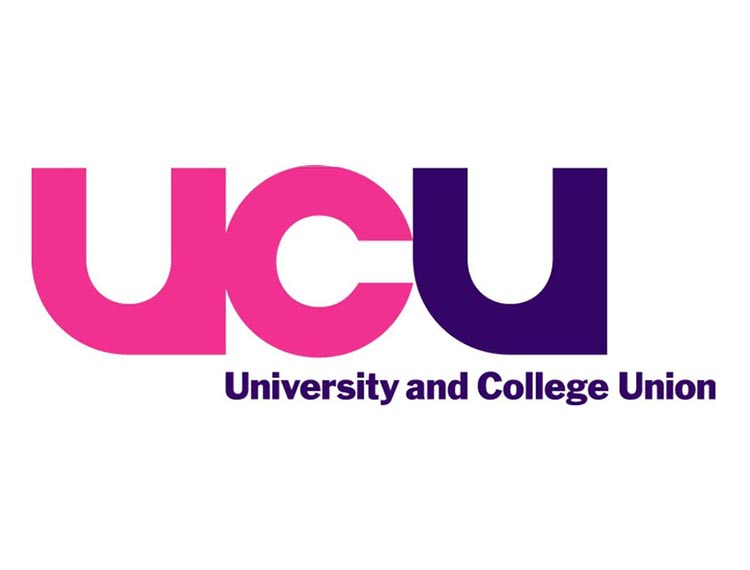Teaching staff on casual contracts visiting food banks as they struggle to make ends meet

Staff on insecure contracts working in further, adult and prison education are holding down multiple jobs and visiting food banks in an effort to makes ends meet, warns the report “Counting the costs of casualisation in further, adult and prison education” released today (Friday).
The report, from the University and College Union (UCU), says people without secure contracts aren’t paid for around a third of their work and struggle to find somewhere to live. It also reveals the toll it has on their mental and physical health.
Over two-thirds of respondents (71%) said they believed their mental health had been damaged by working on insecure contracts and almost half (45%) said it had impacted on their physical health.
Some spoke of the fear and stress of hours, and therefore income, being cut with little or no notice.
One said they had to visit a foodbank when classes were cut at short notice.
Others said it was impossible to plan anything and that it was difficult to get a mortgage or secure rented accommodation without being able to demonstrate a stable income.
Respondents say there are periods of the year when they struggle more than others – usually the holidays. However, both busy and quiet periods are stressful.
The stress that comes with a shortage of hours during holidays is a different type of stress than that which comes with having to accept as many hours as possible and struggling to cover long commutes, preparation and marking.
The union says the report exposed the lie that flexible contracts are supported by workers and employers. The report finds that almost all staff want a permanent contract and around three-quarters said they would sacrifice flexibility to secure a job with guaranteed hours.
Key findings from the report include:
- 72% said they had struggled to make ends meet
- 56% said they experienced problems paying bills
- 75% said their contractual status made it hard to make long-term financial commitments
- 71% of respondents said they believed their mental health had been damaged by working on insecure contracts
- 45% reported that they believed their working conditions had damaged their physical health
- 93% of respondents on a fixed-term contract said that they would rather be on a permanent contract
- 72% of hourly-paid staff said that they would rather be on a contract with guaranteed hours, even if it meant less flexibility
- On average, part-time and hourly-paid teachers are doing 30% of their work without pay
- 56% had held two or more jobs in the last 12 months
- 39% had held two or more jobs in the education sector
The union said the widespread use of casual contracts was having a damaging impact on students’ education and called on Ofsted to inspect for the negative impact on teaching quality due to casualisation.
Respondents complain that they are not given the same resources as permanent staff, which they say means their teaching suffers as a result. One said they had no work email address, no desk or work space and struggled to get simple tasks like photocopying done.
UCU head of further education Andrew Harden said:
‘This damning survey lifts the lid on the damage insecure work is doing to people’s health in our colleges and prisons. Staff without secure contracts are struggling to make ends meet and visiting food banks, despite holding down multiple jobs.
‘None of this is good for staff, but it is also extremely damaging for students as teachers’ working conditions are their learning conditions. We want to see an end to the punitive zero-hours contracts and serious efforts to address the widespread misuse of casual contracts.
‘It doesn’t have to be this way. UCU has worked with colleges to improve the security of employment for teaching staff and will work with any employer willing to engage with us on this issue. But it is no longer acceptable for employers to ignore the problem.
‘More needs to be done to expose the link between a lack of stability and how that impacts on students’ education. We want to see Ofsted properly examine the levels of casualisation as part of its inspections.’
UCU surveyed 789 casualised staff working in further education colleges, adult education or prison education between 16 January and 19 February 2019.
The union will release its report on casualisation in higher education on Thursday 4 July.











Responses